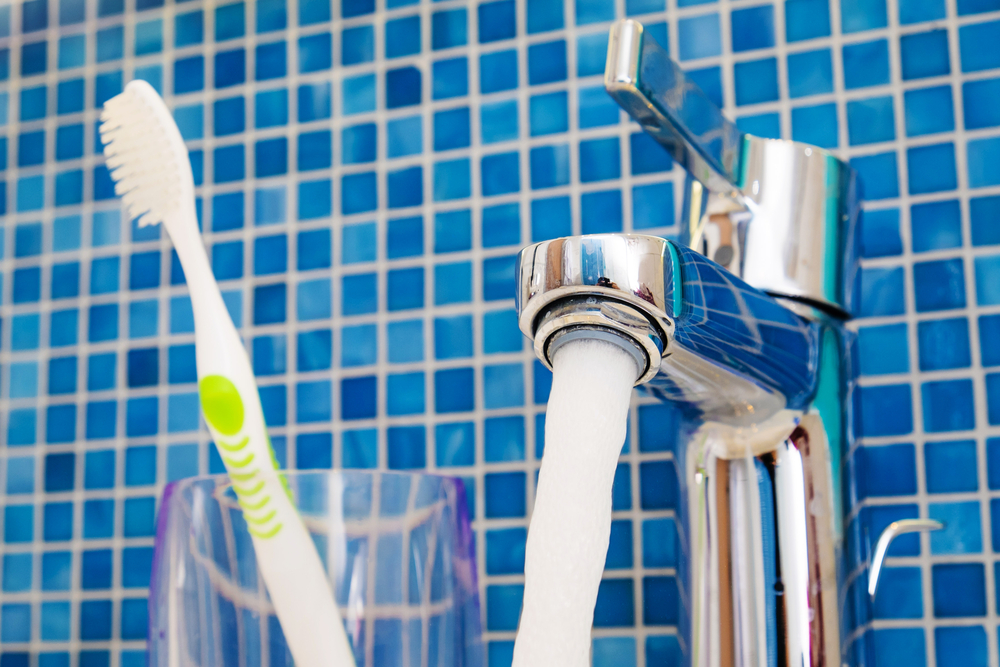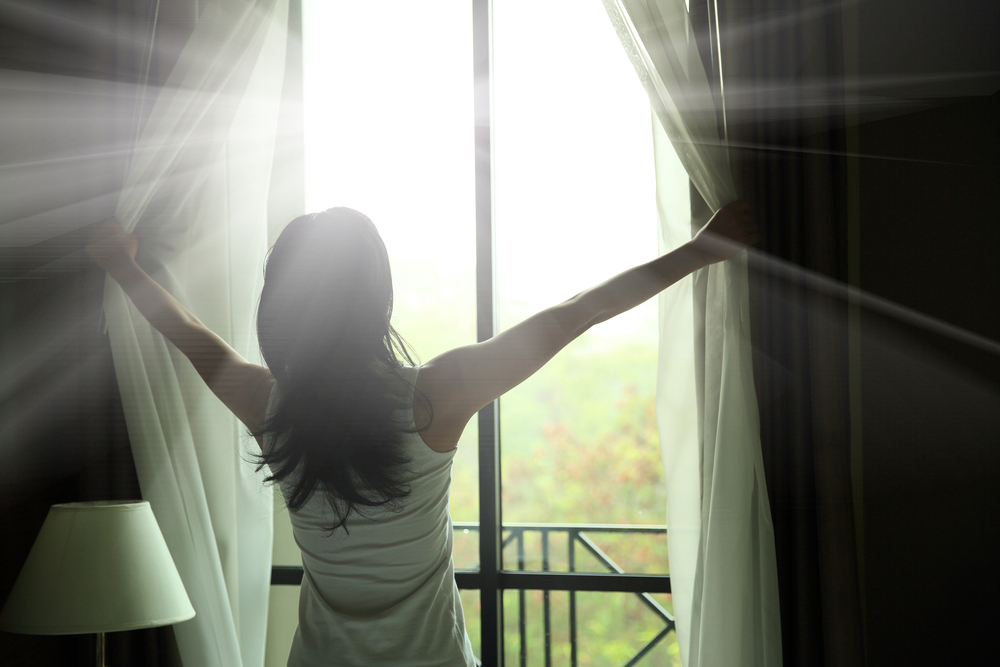How to Make Your Apartment Energy Efficient
While apartments may vary in square-footage, most are typically smaller than a home. Rent Café reports that Seattle has the smallest average apartment size—eeking in at a little more than 700 square feet (711 square feet, to be precise!). Nationally, however, on average, apartments measure in at 941 square feet. This smaller size may mean less energy usage overall, but apartment dwellers can still make changes to maximize savings and minimize energy output.
Here’s how to make your apartment energy efficient, without investing much money!
Adjust Your Thermostat
Turning the thermostat up or down—depending on the season—can go a long way in reducing your energy use. This change also may impact your electricity (or gas!) costs, too. So how high or low should you program your thermostat?
The Department of Energy recommends 68 degrees (Fahrenheit) during cooler months and 78 degrees (Fahrenheit) for the warmer months. This temperature change may be a little bit of a shock at first, but you will adjust to the adjustments! If you find that you’re too hot at night, turn on a fan to provide a cool breeze and better circulation. Or take off your heavier blankets and covers.
During winter, keep a few blankets on your couches to grab when you feel chilly. In the bedroom, use a down or down alternative comforter for extra warmth.
Turn Off Phantom Energy Leaks
You may get in the habit of leaving devices charging during the day or keeping the computer turned on. These bad habits could be increasing your electricity costs for no reason. Unplug devices after they are finished charging, and don’t forget to shut down your computer.
Need a friendly reminder that you didn’t unplug? Use smart power strips and smart plugs that allow you to control the electricity flow from your phone. Using the Internet of Things (or IoT for short) can help you unplug even when you’re out of town.
Use Cold Water When Possible
Energy Star recommends using cold water settings for laundry when possible. Cold water saves energy because it doesn’t utilize your hot water heater (which is either gas or electric). According to the Energy Star site, “Hot water heating accounts for about 90 percent of the energy your machine uses to wash clothes — only 10 percent goes to electricity used by the washer motor.”

Don’t Waste Water
There are so many ways we waste water every single day. Leaving the tap running while brushing your teeth or soaping up your hands is a waste of precious water—and it’s money you’re rushing down the drain. However, Energy Star also points out that rinsing dishes is a waste of water, too. Instead, the site recommends simply scraping dishes. Let your dishwasher do the dirty work!
You’ll also waste water by running your dishwasher or laundry half full. Opt for full loads every time!
Check the Windows
You can’t really replace the windows if you’re renting. Call the landlord if you’re concerned about a broken or old window. You can possibly use plastic window cling insulation to help keep warm or cool air from leaking outdoors. Before you place anything on the windows, though, call your landlord to make sure it’s ok.

Use Sunlight Instead of Light Bulbs
Yes, LED bulbs use less electricity. However, the cheapest form of light is sunlight! Open the curtains or the blinds and use the daylight when possible. Plus, the rays of the sun may boost your mood, too!
During hot days, though, those open windows may cause the HVAC to work overtime. Use common sense when embracing natural light.
Ceiling Fans Can Lower Energy, Too
Use ceiling fans to more efficiently heat or cool a room. Fans circulate the air throughout the room and may help take a little strain off your HVAC. However, the direction of your fan should change seasonally. During summer, blades should rotate counterclockwise; in cold months, they should turn clockwise.
Get into the habit of switching the direction of your fan when you adjust the clock for the beginning and end of Daylight Savings Time. Bob Vila’s site notes that you should keep fans at a slow speed during winter; the point isn’t to create a breeze, it’s to better circulate the warm air.
Take a Shorter Shower
Again, renters can’t typically replace fixtures in their apartments. So a low-flow showerhead may be a no-go (depending on your landlord). Instead, set a timer on your phone or use a kitchen timer to ensure that you keep showers to a minimum. If you don’t already have a smart speaker in your bathroom, consider getting one! Alexa can set a timer for you with a simple voice command.
Taking a shorter shower uses less water and less energy. AM Conservation Group recommends aiming for a five-minute shower! Ultimately, the longer you stand under that showerhead, the more water you waste.
Conduct a Home Energy Audit
Need more suggestions on how to save energy? Conduct a home energy audit to find hidden energy leaks. Download Benefyd, take a picture of the rooms of your apartment and let the app show you all the ways to save! Benefyd even helps you find rebates, too!
While apartments may already use less energy than a larger home, there are many ways renters can further decrease their energy usage and save money. Simple habits like using a ceiling fan, taking a shorter shower, upgrading to smart plugs and embracing the natural sunlight can help decrease energy waste and maybe even save money on those monthly utility bills.


